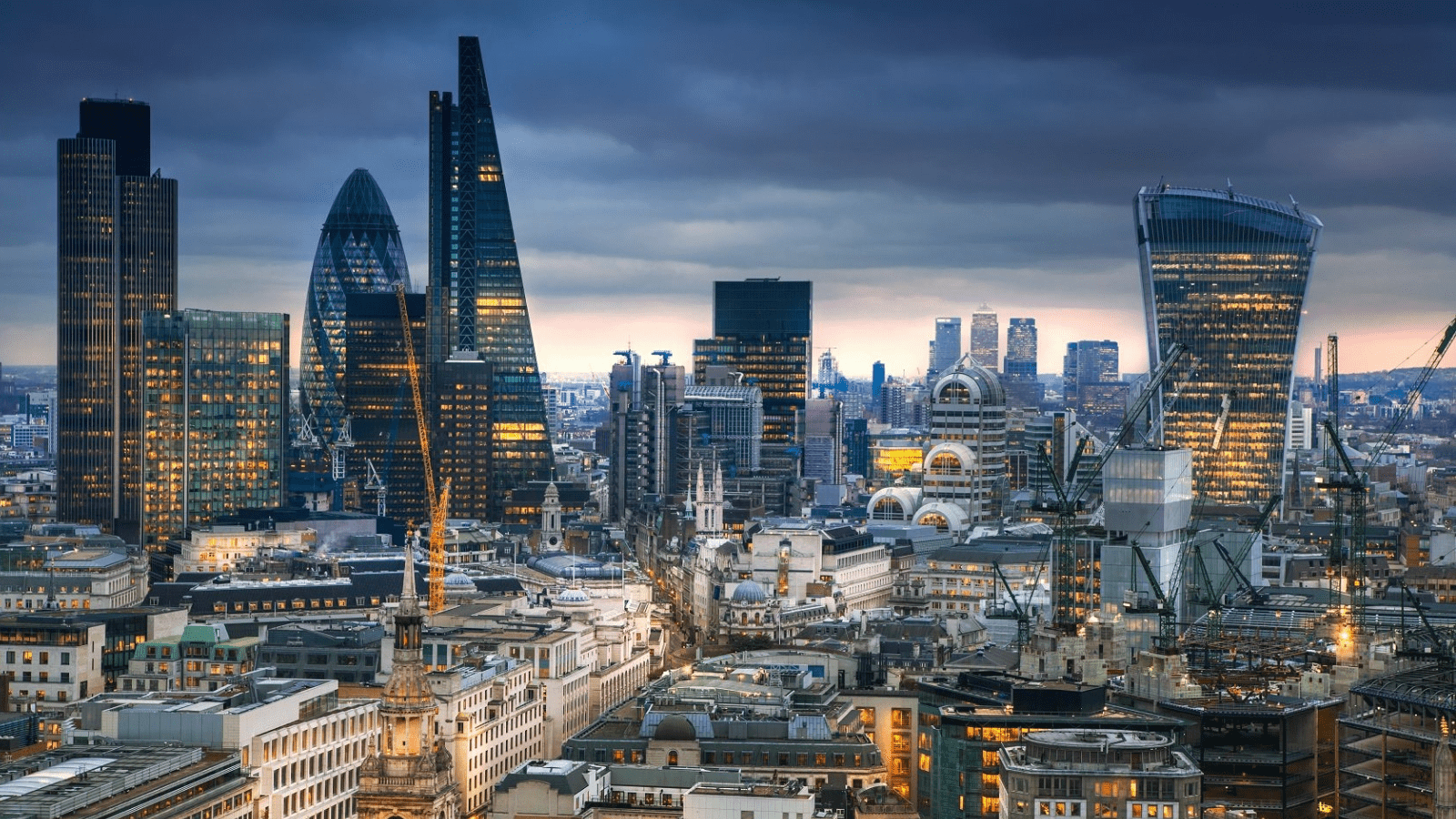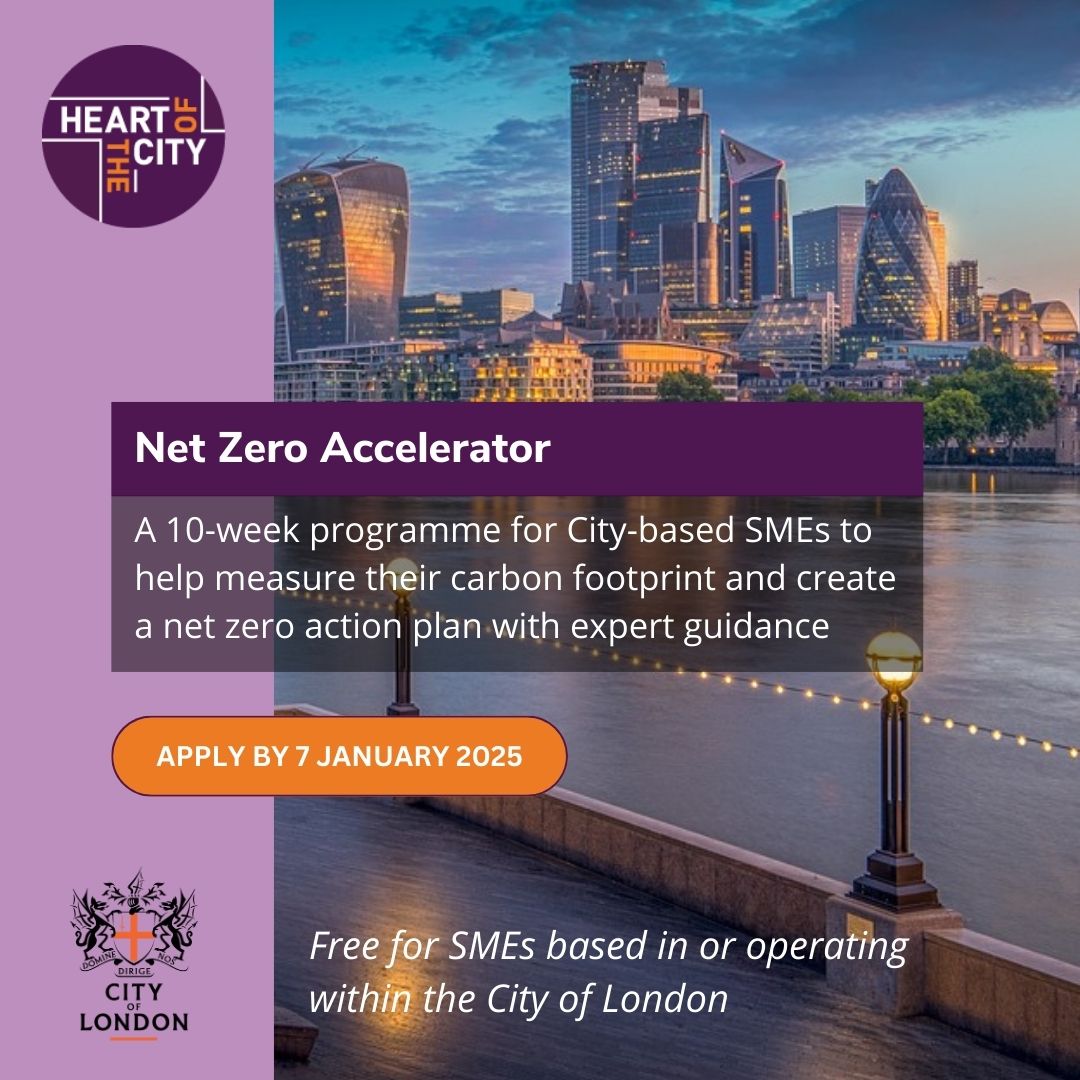Small and medium-sized enterprises (SMEs) are often absent from the global climate discussion despite representing 90% of businesses worldwide. Platforms like COP29 present a critical opportunity to spotlight SMEs as pivotal players in the fight against climate change. While their potential is significant, the barriers they face are both very real and challenging.
COP29: Elevating SMEs in the Climate Conversation

The Global Climate Action Agenda, rooted in the Paris Agreement, underscores that decarbonisation and resilience are unattainable without SMEs. Supporting up to 70% of global supply chains, SMEs are indispensable to achieving climate goals. Recognising their role, Nigar Arpadarai, the UN Climate Change High-Level Champion for COP29, launched the “Climate-Proofing SMEs” campaign to empower these businesses through a three-pronged approach:
- Capacity Building: Equipping SMEs with resources, tools, and training.
- Leadership Recognition: Celebrating SMEs making ambitious climate commitments.
- Collaboration: Mobilising large organisations to share expertise and resources.
The High-Level Champion’s Climate-Proofing SMEs campaign, alongside initiatives like the Baku Coalition for SMEs’ Green Transition, aims to give SMEs the resources they need to take meaningful climate action.
Here we look at some of the key insights and takeaways from COP29 which highlight new policies and initiatives designed to empower SMEs in building resilience against climate challenges.
The International Trade Centre (ITC), a joint agency of the World Trade Organization and the United Nations, plays a pivotal role in supporting SMEs to align with the Sustainable Development Goals (SDGs). The ITC’s Nationally Determined Contributions (NDC) 3.0 guidelines offer a practical framework for including SMEs in emissions reduction plans under the next round of climate targets in 2025.
SMEs make up 50% of global employment, 40% of GDP, and half of industrial emissions in the UK, underscoring their essential role in achieving net-zero targets, however, they are often excluded from national climate strategies. The NDC 3.0 guidelines not only acknowledge SMEs as contributors to climate change but also empower them to act as mitigators. Access to green financing, technical support, and government incentives will be crucial to unlocking their potential to drive a low-carbon economy.
At COP29, the ITC and national small business agencies from Azerbaijan and Brazil signed the Joint Declaration on the Baku Climate Coalition for SMEs’ Green Transition. This initiative establishes SMEs as key players in advancing the green transition. Key objectives include:
- Enhancing SMEs’ capacities through training and mentorship.
- Facilitating climate risk management and environmental footprint measurement.
- Promoting partnerships with larger companies to integrate SMEs into sustainable supply chains.
- Establishing Green SME Resource Centres to provide access to technology, expertise, and financing.
Prime Minister Sir Keir Starmer announced new UK climate targets to reduce emissions by 81% by 2035, exceeding the previous 78% commitment. This shift focuses on clean technology, industrial decarbonisation, and transport electrification. For SMEs, the increased targets may lead to tighter reporting requirements on sustainability and emissions as part of procurement processes. While challenging, these measures offer opportunities for SMEs to lead in green innovation and create more sustainable operations.
COP29 underlined the urgent need for action, with Brazil’s President Lula calling for G20 nations to accelerate net-zero targets by 5–10 years. Current policies set the world on course for a devastating 2.7°C temperature rise, far above the 1.5°C Paris Agreement target. UN Secretary General António Guterres described 2024 as a “masterclass in climate destruction,” highlighting disasters like wildfires, floods, and sinking small island nations as stark warnings.
“We have to do more and better,” Lula said, noting that this is likely the world’s warmest year on record as climate disasters such as flooding and droughts become more frequent and intense. “There is no time to lose,” he added.
For SMEs, these developments are a call to action. Beyond the business case, their engagement is a social, environmental, and economic imperative.
COP29 concluded with a New Collective Quantified Goal of Climate Finance (NCQG). Replacing the expiring $100 billion annual goal, the new target will triple funding to $300 billion annually by 2035. Additionally, all nations – developed and developing – are encouraged to contribute to scaling public and private finance to $1.3 trillion annually by 2035. This expanded approach ensures greater support for climate-vulnerable economies while inviting new contributors like China to join global efforts.
The final agreement:
- Triples finance to developing countries, from the previous goal of $100 billion annually which is expiring in 2025, to $300 billion annually by 2035.
- Instead of finance coming from exclusively developed countries there is the call for all actors to work together to scale up finance to developing countries, from public and private sources to the amount of $1.3 trillion per year by 2035. This finance goal leaves the door open for inputs from “developing nations” that have not previously provided official climate finance, such as China.
By incorporating SMEs into the global climate discussion, we can unlock their potential to drive innovation, build resilience, and stimulate economic growth. At Heart of the City, we believe SMEs are not just participants but leaders in the global climate effort. Through tailored support and collaboration, SMEs can help deliver a more sustainable, climate-resilient future.
Heart of the City’s Net Zero Accelerator programme is designed for small to medium-sized enterprises (SMEs) to help them on their journey to reach Net Zero. Participants will have expert-led guidance, access to free online resources, and 1:1 mentoring to help as they take that first step to measure their carbon footprint baseline and develop a net zero action plan in just 10 weeks. The deadline to register is 7 January 2025.
The course is funded by the City of London Corporation as part of their Climate Action Strategy, and is FREE to SMEs based in, or with more than 50% of their operations in the Square Mile.
Click here to apply.





